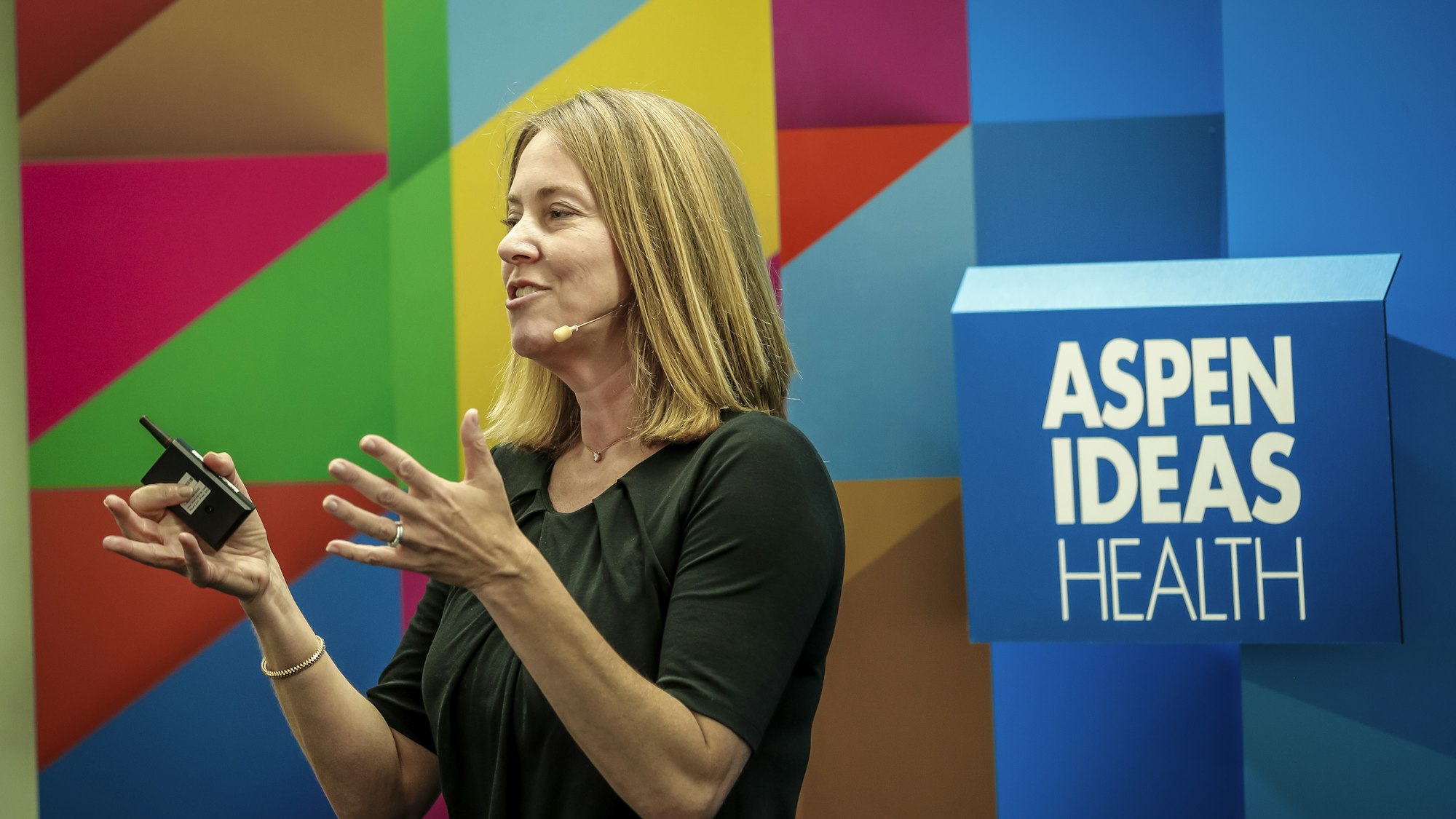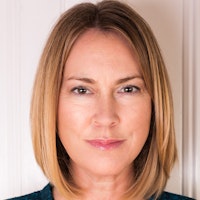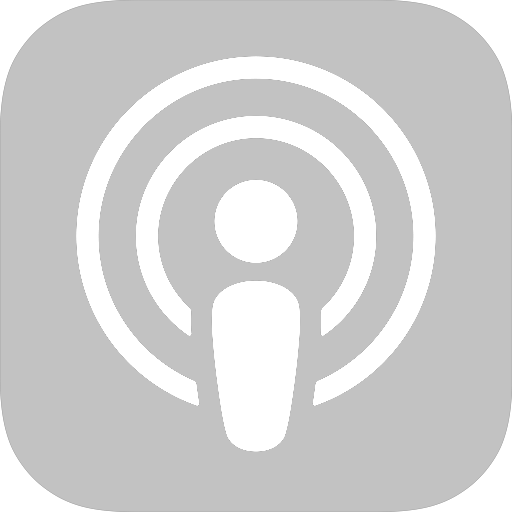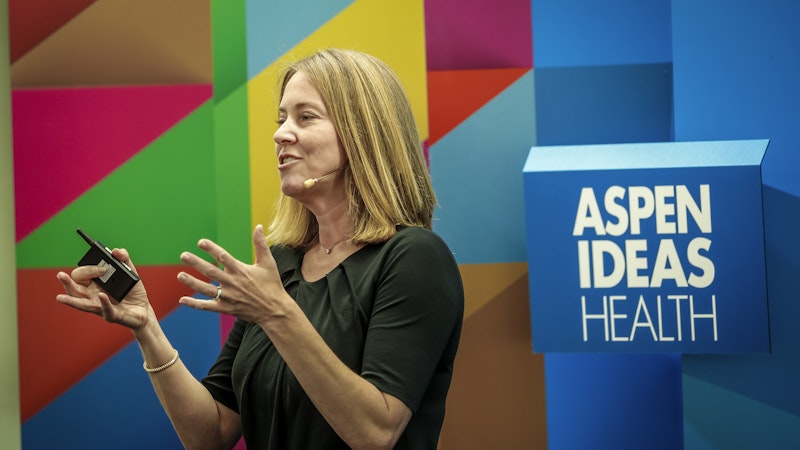
The 27 Senses You Didn't Know About
Setup
Vision, hearing, touch, taste, and smell are the five human senses most of us are fortunate enough to know intimately. We like to say that intuition is our sixth sense, but Emma Young, an award-winning journalist who writes extensively about science and health, delves into research that has uncovered many others. In Super Senses: The Science of Your 32 Senses and How to Use Them, she explains the complex interaction of these sensory powers and their remarkable role in easing pain, improving fitness, releasing tension, and helping us fall in love—so that we can experience the world's riches more deeply.
Explore More
Science

As we wrap-up another year of elevating big ideas at Aspen Ideas: Health, we're excited to share the 15 most-watched sessions from the event. These conversations with inspirin...

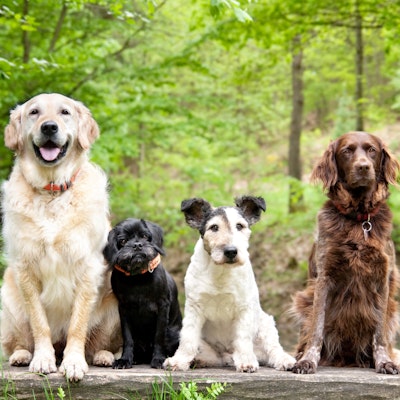
Research on aging and extending life and healthspan has ventured beyond humans to our best animal friends – dogs. In less than a year, dog owners may be able to buy a drug tha...
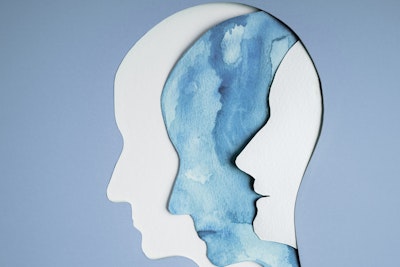
In America, millions of people struggle with mental health including depression, anxiety, and more — all further exacerbated by living through a pandemic. The National Allianc...

Our attitudes, habits, pleasures, and responsibilities shift across the generations, influencing the health challenges we face and how we respond to them. Expectations about h...

The United States spends $4.3 trillion—almost one fifth of the nation’s GDP—on health care. As the scale of the medical enterprise expands, venture capitalists are pursuing th...

Today's kids are coming of age against a backdrop of political, social, technological and economic upheaval. While these circumstances are shaping a precocious generation that...

Advocates, healthcare providers, legislators, researchers, and venture capitalists are bringing the unique health needs of women to light – from vigorous policy debates on iss...

From the debate over reproductive rights to the epidemic of gun violence to the youth mental health crisis, this year's Aspen Ideas: Health sessions tackled many of today's mo...
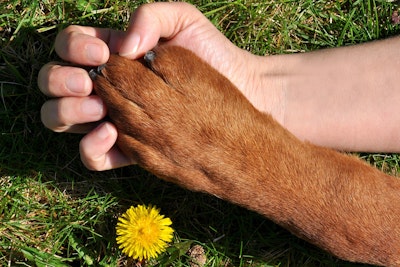
The recognition that all things are connected is at once a scientific principle and a philosophical touchstone. Humans, animals, and the environment are intertwined in complex...
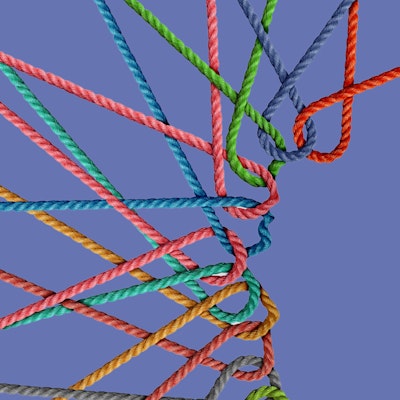
Our need for human connection is profound and deep. Yet, today, one in two adults are living with measurable levels of loneliness – and the numbers are even higher among young...

For as long as humans have looked at the skies, we’ve speculated about whether there is life in space. Scientists, the U.S. military and the CIA have all searched for proof of...

It sounds like sci-fi: Scientists are beaming solar energy from space, subbing seaweed for plastic and brightening clouds to reflect sunlight to lower temperatures in a warmin...
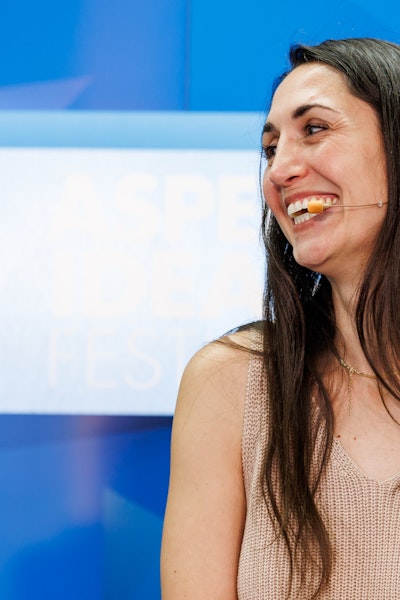
Artificial intelligence is revolutionizing health care by improving patient navigation, telehealth and the speed of drug development. From enhancing patient and provider exper...

*No food or service animals allowed in this session.* The creator of Fat Bear Week in Alaska gives insight on the importance of wildlife education, and then ecologists unpack...
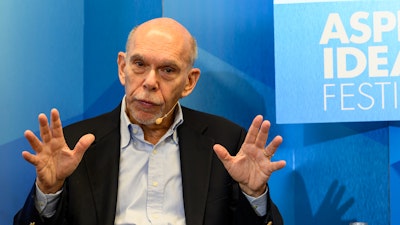
Brain-computer interfaces show potential to restore function to people impacted by incurable neurological conditions such as stroke, spinal cord injury, traumatic brain injury...

Scientists are developing life-extending drugs for dogs, and new advancements could bring them to market by 2025. Two leaders working to slow the aging process for Fido discus...
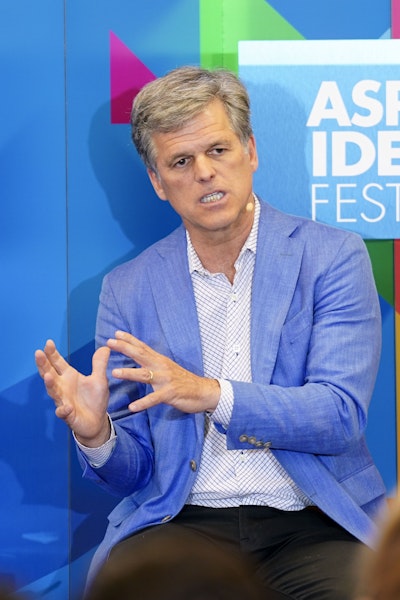
Neurodivergent people make up 15% to 20% of the global population, and visionaries are busy trying to foster welcoming environments in areas like adaptive sports, fashion des...
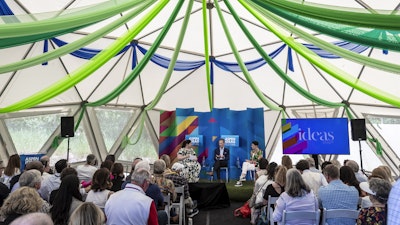
Across the globe, humans are living and working longer than ever — and today’s systems, governments and businesses aren’t prepared. Examine how we can reimagine work, wealth a...

Given what we learned from the global turbulence from COVID-19, are we any more prepared for the next pandemic? Author and journalist Michael Lewis and Adar Poonawalla, CEO of...

Few people are more deeply steeped in science than Francis Collins, former director of the National Institutes of Health and the groundbreaking Human Genome Project, and forme...


